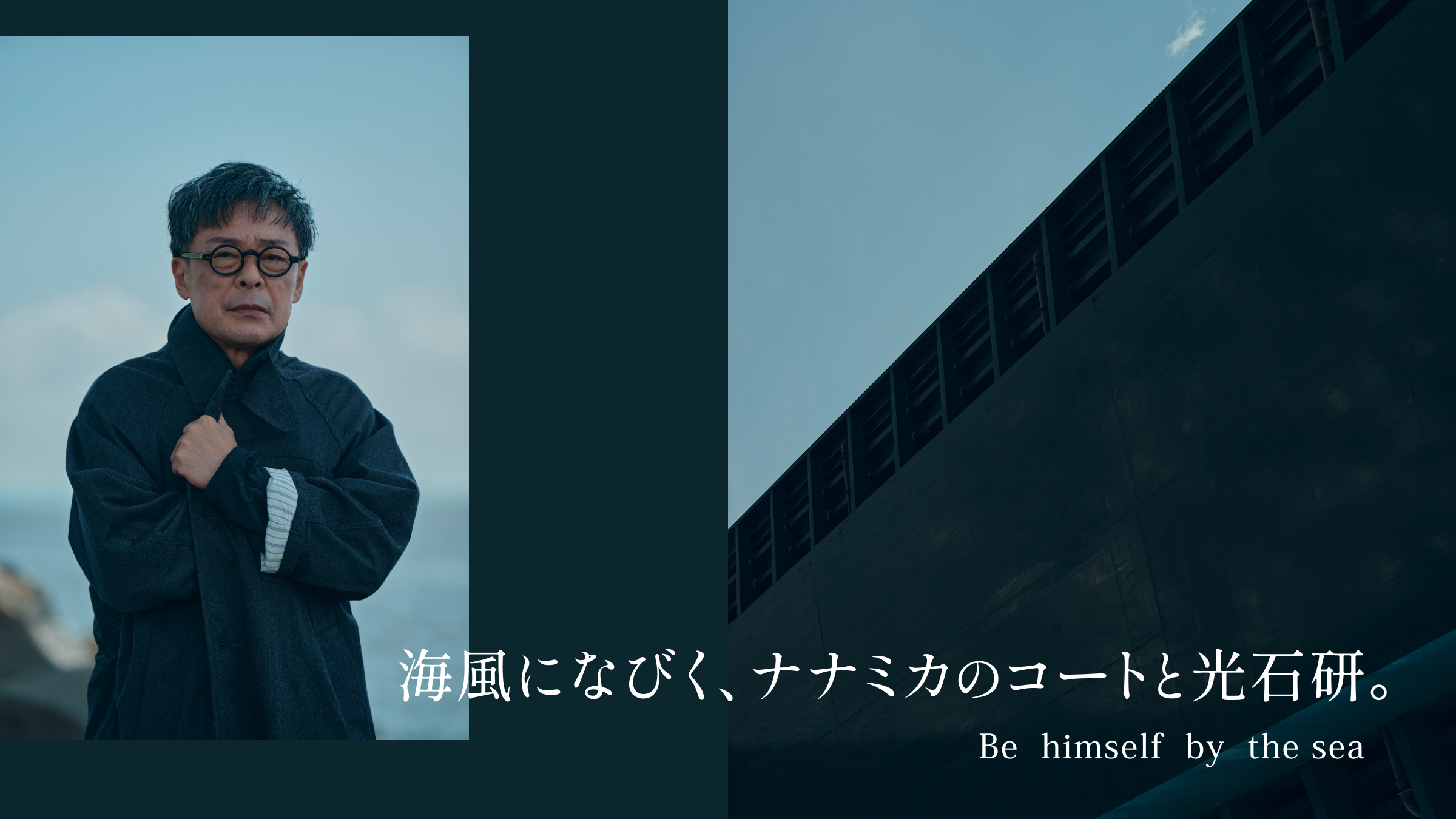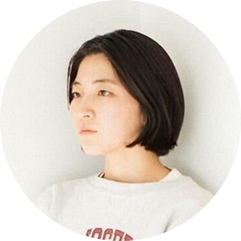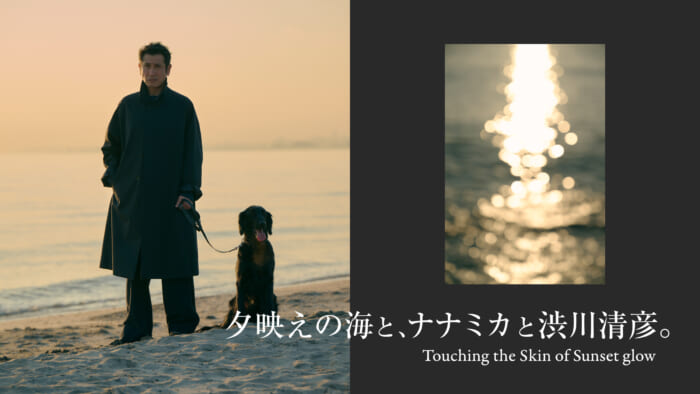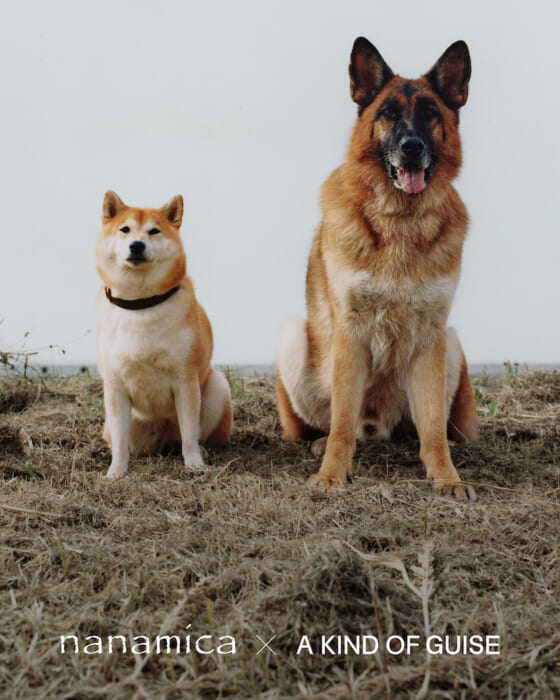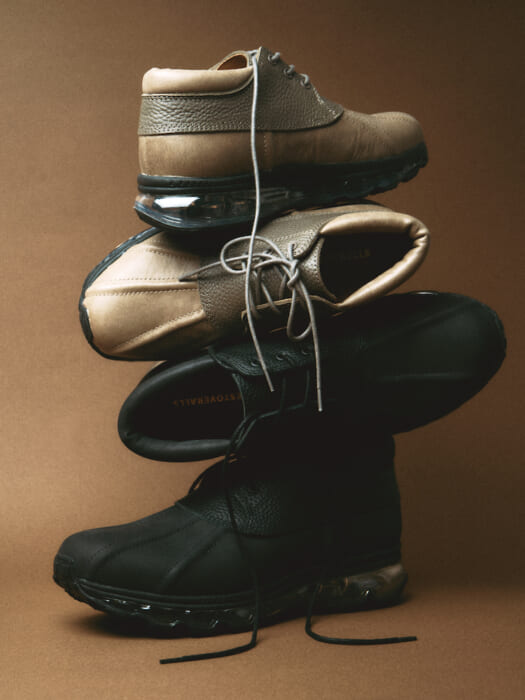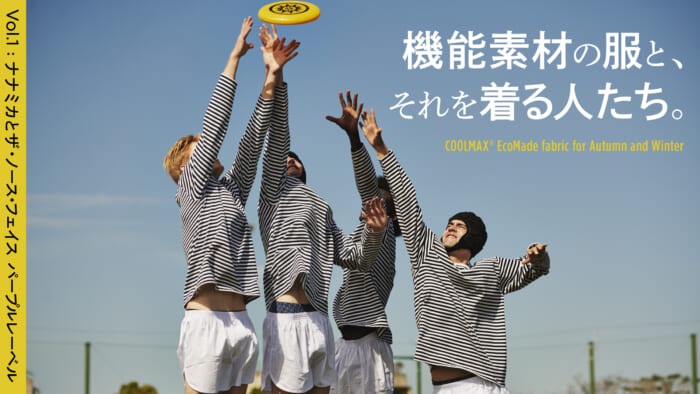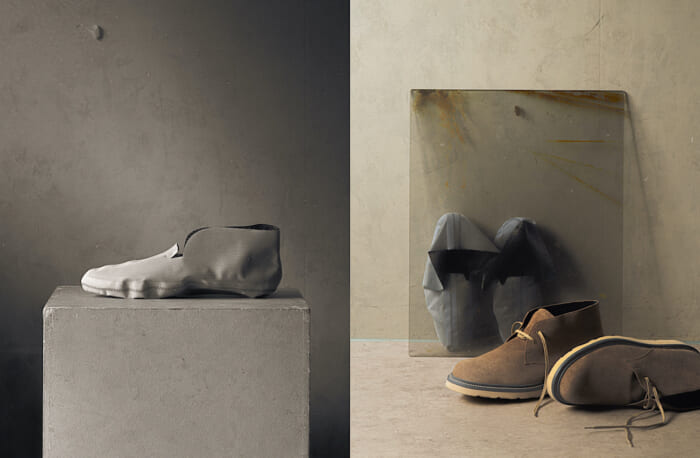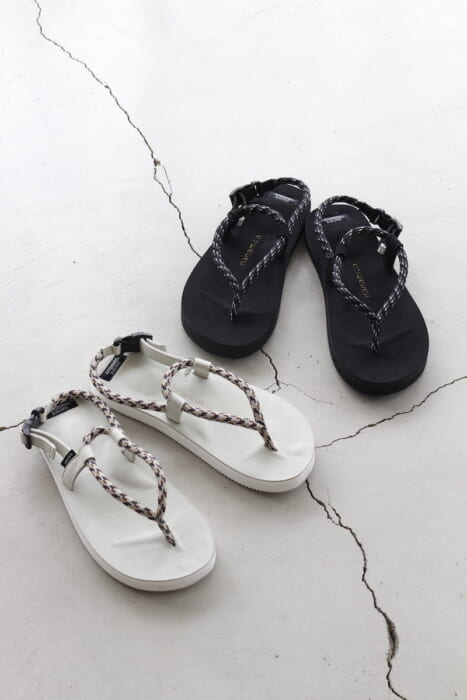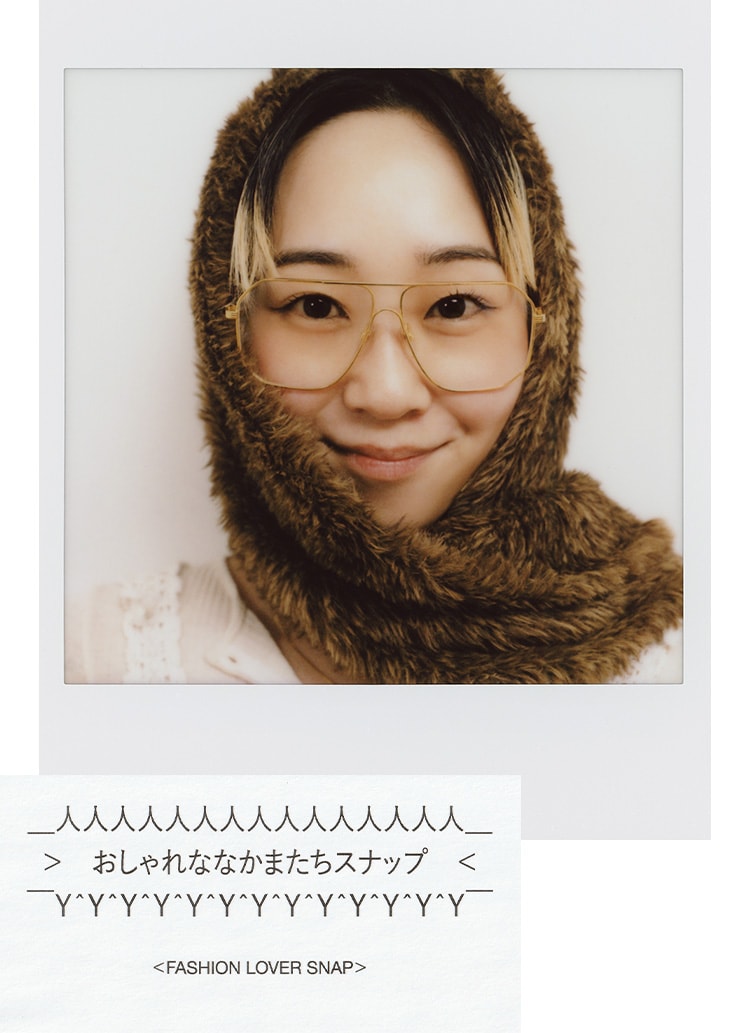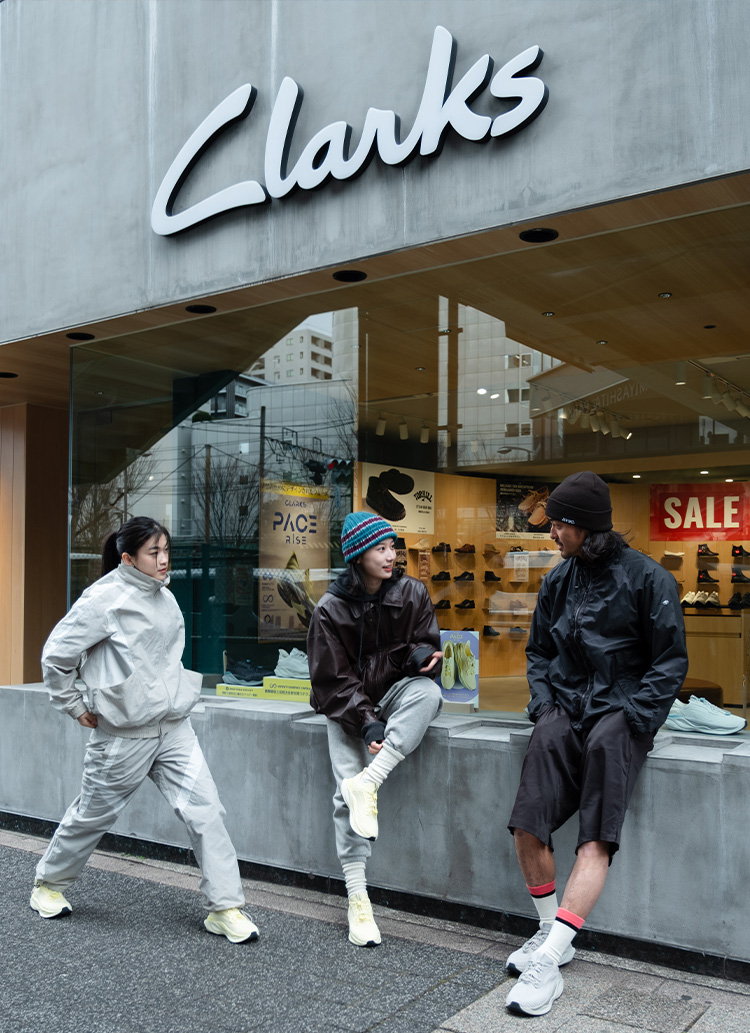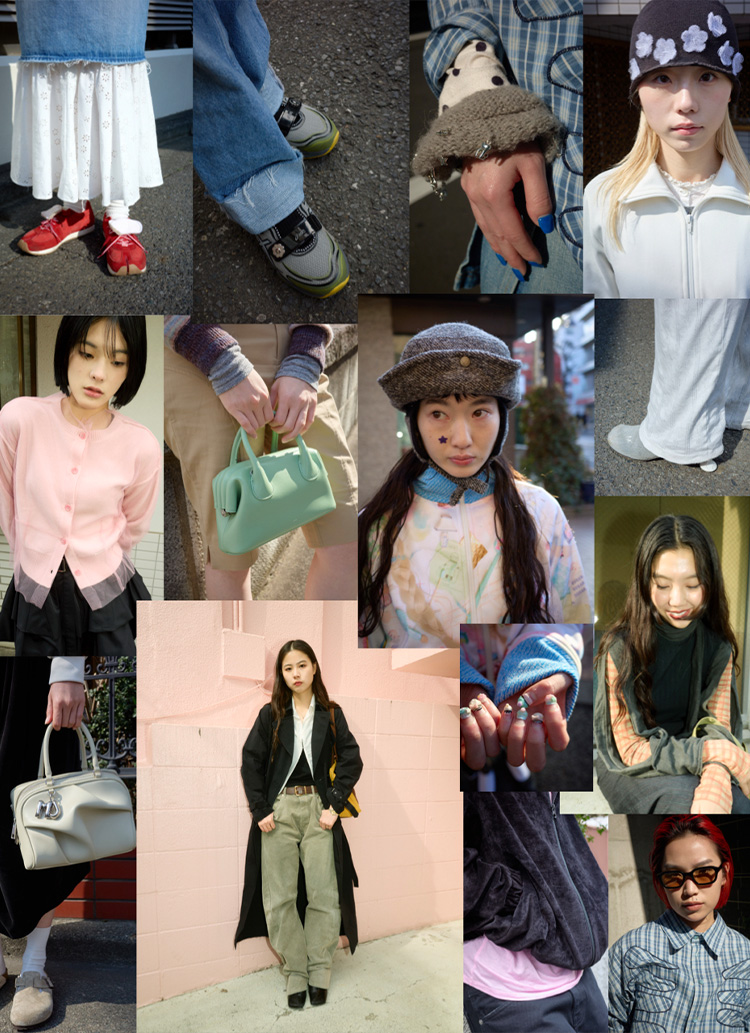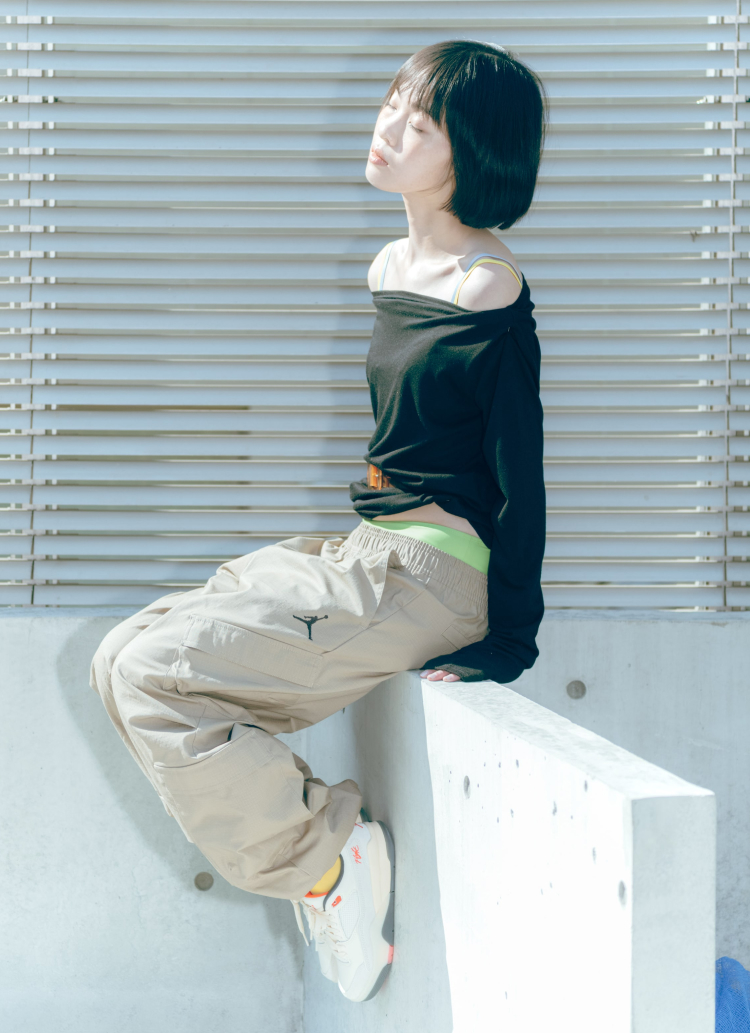An encounter with a director made him rethink his job as an actor.
When introducing Mr. Mitsuishi, we can't leave out the title of "a great buyer", can we? When did you start to be called so?
Light stone: I think the drama "Viprayers" was the catalyst. That was such a powerful title that since then, all of us who appeared in the drama have come to be called "Viprayers.
I see. The performers were originally close to each other, weren't they?
Light stone: That's right. I performed when I was about 50 years old. More than 10 years before that, there was a film festival at a small movie theater in Shimokitazawa. Everyone brought five films each. That was a little before the year 2000. When we got together there, Ren Osugi said, "It would be interesting to make a film with these members. More than 10 years later, that is how it came to be.
Mitsuishi-san's debut was in the movie "Hakatakko Junjo", which he auditioned for when he was in high school.
Light stone: It's about three junior high school students, and three of my friends and I actually decided to audition for it and gave it a shot. At the audition, rather than putting on an act, I went as I was. The day before, we got into a fight and cut off our faces, and the judges asked us, "What happened? I answered, "I got into a fight," and the judges asked me to try it. I jokingly imitated him, and it was a hit. I sang a Tankobushi, which got a big laugh. I sang the Tankobushi and got a good laugh.
That's very gutsy.
Light stone: I guess I like to make people laugh. It was the same since I was a child. Although I was not outstanding in studies or athletics, I was happy when people laughed at my little imitations or funny replies. I thought, "This is my way of life. But when I was a child, I was always scolded by adults for being a joke. They told me I was too loud, that I needed to be quiet, or that I was restless. But for the first time, people in the film world said to me, "You're funny. That made me really happy. It was the moment I was recognized by adults.
After graduating from high school, you moved to Tokyo. Did you have a strong desire to leave Kyushu?
Light stone: I wanted to get out already. I wanted to go to Tokyo as soon as possible. I thought that if I became an actor, I could go to Tokyo. It was the 1970s, and everyone was going to the cinema, but I myself was not particularly fond of movies, and would only go to see them with friends on holidays. It wasn't like I was struck by lightning after seeing some film and set my sights on becoming an actor.
So you were on the "show" side from the beginning, rather than the "watch" side.
Light stone: That's right. I admired the adults who made the films: the crew in T-shirts and jeans, Ray-Ban sunglasses, and bell-bottoms. They wore Apollo caps. It was a very cool 70s look at the time. The conversation at night was a bit snobbish, talking about politics and culture, which was also refreshing. On the other hand, the people in the lighting department were talking about baseball, and the balance was interesting. It was fun to be around these adults.
I heard that your acting career did not start out smoothly after you moved to Tokyo.
Light stone: Yes, I did. But soon I started living on my own, in an apartment, or sharing with friends. So even though I was poor, it wasn't hard at all. In fact, it was fun. It was still before the bubble economy.
You didn't have any ambition to "make it big" as an actor?
Light stone: I didn't really feel that way. It wasn't like I saw some work and was so shocked that I jumped in. If I had to say, it was more like "I just happened to find a job as an actor. I just thought, "If I become an actor, there will be work, right? I really underestimated it (laughs). There were many other things I liked to do, like buying records, riding my Vespa, and replacing the floor in the room I was living in. When I think back, I've taken a lot of detours.
I see. So, did your approach to work change after you got married?
Light stone: That's right. It was right around the time of the bubble economy when I stopped getting work. The industry itself was in transition, and I was entering my 30s. It was a bit difficult. However, I think that the thirties is a time when any person in any job hits a wall. Even company employees learn their jobs and then get lost in the next phase of their careers. It was a time like that. Then the bubble burst, and the younger generation of directors started making films. We were just in the same generation, and I think we were invited to join them.
In the midst of these trends of the times, were there any events that triggered a change in the way you view the job of an actor?
Light stone: I think it was working on "Helpless" directed by Shinji Aoyama. When I was in my 20s, I had a baseless confidence. I thought I was interesting and that I could do anything. But that confidence was shattered on the set. I was confronted with the feeling that "I am not filming you, I am filming a movie. I am nobody. From that point on, my consciousness changed rapidly.
Did Director Aoyama tell you that in his own words?
Light stone: No, it was not said out loud. I felt that way because I experienced Director Aoyama's work site. He respected me immensely and spoke to me in a way that made it easy for me to work on the film. But when I saw the finished film, I strongly felt, "He is not filming me. I was filming a movie. That was the first time I naturally understood what it was like to be an actor.


